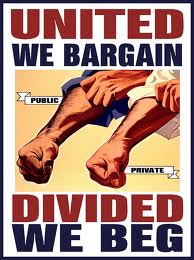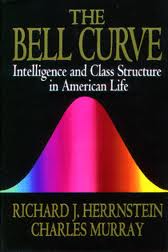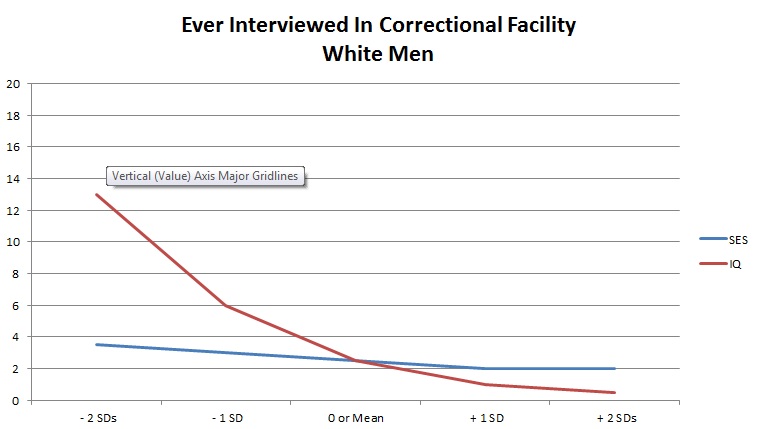
I think that it’s important to begin any conversation regarding unions, uniting, negotiating and representing one another with some acknowledgments.
- I absolutely support the effort of an individual to negotiate a higher wage, better working conditions more vacation or increased training.
- Further, I acknowledge and support that several employees working together to negotiate these benefits are a stronger negotiating team than an individual.
- Employers typically look to hire labor at its cheapest price point but they absolutely look at value, not bottom line dollar cost.
So it is that I have no issue with an employee, alone or with fellow like minded employees, walking into the bosses office and negotiating higher benefits or compensation. What I do NOT support is the legal protections that change that negotiation from one where two people each seeking their own self-interests are negotiating to one where one of the groups is given such legal protection that the negotiation turns into a racket or where extortion is taking place.
And this is where my problem with organized labor falls. They have legal protections that allow them to negotiate in bad faith and extort the employer.
Wanna use the tactic that if you are not compensated in the way and manner you want that you’ll walk out? Fine, but then the boss may fire you in response.
With all of that said, I’m sure there is room for debate and disagreement on the issue of union and organized labor. However, on one point I am continually astounded that the gentle left won’t critique unions. And that’s on their tactics.
Discussions surrounding unions always brings to mind union thugs. The guys that go to the homes of employees who might be on the fence during strikes or organization votes. Threats against homes and families of those members who might not be towing the line. And even physical violence to the employers themselves whether it be harm to the individual or vandalism to the property.
This surprise of mine extends to voting methods favored by unions. An important tactic to form a union is to utilize public vote, one where the vote of each employee is made in public for all to see. The idea is that if the vote is private then the employee is able to make a “No” vote without fear of retribution. Consistently unions and labor supporters work to take away the privacy of the vote not through open and fair compelling arguments but by legislation. When their ideas lose in the court of public opinion labor uses the law to pass their agenda.
And this feeling that unions must be supported but not the individuals that make them up is shown in the fight against “Right to Work” legislation. Laws that don’t ban unions but simply take away their power to coerce an employee to belong or not. No one is saying that a union, in all of its ugliness can’t exist, the law is simply saying that it has to be voluntary.
I simply don’t understand the support of union violence against people and property that is routinely ignored by the left.
And in case the threat is only veiled and simply easy to miss, labor supporters are outright calling for violence:
“We’re going to pass something that will undo 100 years of labor relations and there will be blood, there will be repercussions, we will re-live the battle of the overpass,” said state Rep. Doug Geiss (D-Taylor).
Blood – Repercussions – Battle
So, what is “The Battle of the Overpass”?
The battle of the overpass was a bloody fracas in 1937 between union organizers and Ford Motor Co. security guards. Walter Reuther was famously thrown down a flight of stairs and another union organizer was left with a broken back.
A literal battle involving organized labor.
This movement is literally violent. Explicitly violent. The push to improve the rights of individuals is being conducted by those who are looking to extend and protect rights to the employee who simply doesn’t want to organize, to vote in private and negotiate on his own behalf.










